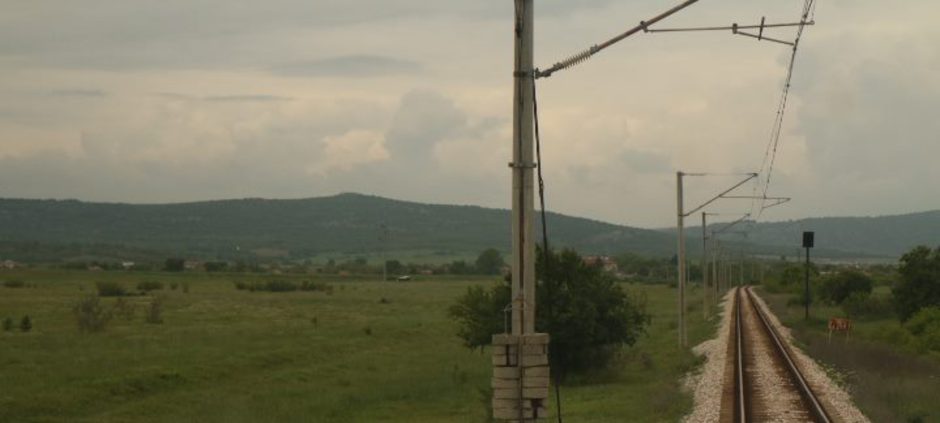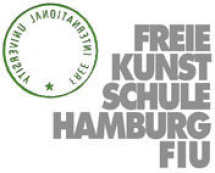Do you listen to the driver?
A project by Joséphine de Weck and Irina Andreeva
(The Institute of Rubbish and Opus 89 Collectif)
12th of June 2015 at the Red House Center for Culture and Debate (special program of the
NEDRAma festival/laboratory 2015) in Sofia (Bulgaria).
28th of June, 2th adn 4th of July 2015 at the festival Belluard Bollwerk International in Friborg (Switzerland).
Created in Plovodiv, Sofia and Fribourg, this is an
installation that makes the invisible audible. Over the public announcement system on trains headed for the town of Bulle, passengers will get to hear the voices of the drivers, who are always there
but never seen. Joséphine de Weck talks to them about their fears, their hopes, their habits, their joys and the tales they have to tell. The interviews from one city
inform the interviews carried out in the other, and connections are forged between the situation in Fribourg and the Eastern Europe reality. The train is no longer an anonymous and indifferent public
space but becomes the backdrop for moments filled with intimacy and confidences.
The presentation in Red House will tell you about the process of the project, the problems
that the artists faced and will show you movies from the installation in the train. You will also have the opportunity to hear some drivers' testimonies.
The project was created during the seminar of Georg Genoux “Theatre Strategies” during the festival “Krakow Theatrical Reminiscences” 2013.
In 2014 and 2015 it was developed on different NEDRAma laboratory work in progress presentations in Sofia.
First premiere of the poject was in September 2014 at the Festival SOPOT NON FICTION in Poland in collaboration with the polish dramaturge Szymon Adamzhak, curated by the polish theatre critic Roman Pavlowskij.
Josephine de Weck:
“This project is born, because I wanted to talk about people we forget about in the city and
about our indifference between each other.
We don’t look at each other in the street. We avoid the others and we try not to speak to
anyone. In the metro we all look somewhere else and hope that we won’t have to talk to
each other.
Is it still possible to create a contact between people in public spaces?
Ours cities work thanks millions of people that work for us. There are people that clean ours cities during the night or some others that drive our trams, buses or trains. I wanted to give the voice
to one kind of those types of the population. We’ve decided to speak about the tram drivers. We nearly speak to them, or if we do, it’s just: “One ticket, please”. We totally forget that without them
we couldn’t get through the city. They are fast a part of the machine. We couldn’t have public transport without drivers but we ignore them. But actually: What do they think during their journey? Do
they like their function in the society? Do they listen to music while they’re working? Which place of the city do they like the most?
The idea is to interview people who drive one specific city. The type of interview will be
in accordance with each driver. Is it just a long monologue? Is it a game with the users? Is it about one specific topic?
Once the record and the editing are done, the interview is broadcasted in the tram, which is driven by the recorded tram driver. The driver can comment it live, if he wants to add
something. The users have the opportunity to write down their reactions in tram on block
notes called “Do write to the driver”.
Suddenly a public space, where we avoid intimacy, becomes the place, where we can speak about ourselves and get in contact with others. What is going to be the reaction of the users? First this event
will probably create connivance between the tram users. Then they will be in contact with an intimacy they don’t imagine and with someone they often don’t even consider. “
Joséphine de Weck
Joséphine de Weck was born in Switzerland in 1989. In Brussels, she went to the acting class of INSAS (Institut National Supérieur des Arts du Spectacle,
(@[NjQyMTgzOTU5MjA4MTA3Omh
For four years, she has been working with Thibaut WENGER as an assistant and later as an actress (www.trvx¬publics.eu). She is also performing in the research of Alexandre LE PETIT and his structure
Versonatura (@[NjQyMTgzOTU5MjA4MTA3Omh
Irina Andreeva
Actress and author. Born in 1984 in Plovdev. She studied acting at the National Academy For Theatre and Film Arts (NATFA) in Sofia. She has already worked as an actress in several state theatres of
Bulgaria. Since 2012 she works as an actress at the Cantieri Teatrali Korejain in Lecce/Italy and at the Replica Theatre in Sofia; since 2013 she is a curator at the theatre laboratory NEDRAma in
Sofia. She is an author and co-author of several documentary projects as e.g. “We are the Rubbish People from Eastern Europe”, “We.bg”, “Face of a Foreigner” about the director Dimiter Gotscheff,
“Fitness”, etc. In 2008 she graduated from NATFA with the honour degree “best actress of the year”. 2012 she received the award Fier Albania of the “Apollonia Festival” for “best actress” in
participating in the performance “La parola padre” of the director Gabriele Vacis. 2014 the president of the Republic of Bulgaria Rossen Plewneliew presented the award "Stoyan Kambarev" for
contemporary art to Theatre Theatre for their projects "Truth… Beyond the Arctic Circle", "A Couple of Poor, Polish-Speaking Romanians" and “We are the Rubbish from Eastern Europe" directed by Georg
Genoux, in which Irina Andreeva played main characters.
Since 2015 Irina Andreeva and Georg Genoux are the artistic directors of the new established “The Institute of Rubbish” in Bulgaria.
Supported by: Pro Helvetia, Swiss arts
council,
Collaboration The Institute of Rubbish, Opus 89 Collectif,
Belluard Bollwerk International, NEDRama laboratory and Replika Theatre.



